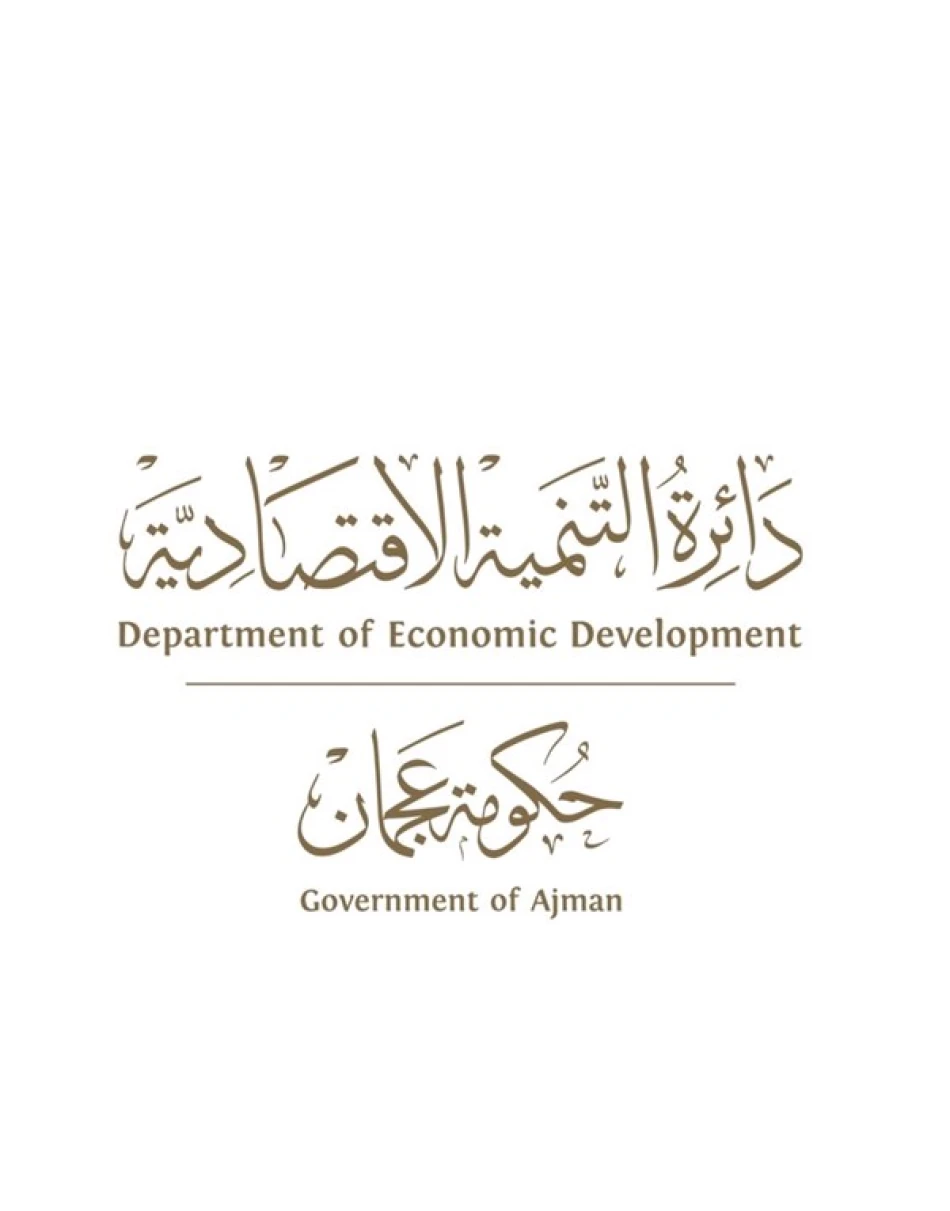
Booming Professional Licenses in Ajman: A 37% Surge in the First Half
Ajman Emerges as UAE's Hidden Investment Gem with 37% Surge in Professional Licenses
The emirate of Ajman has demonstrated remarkable economic momentum in the first half of 2025, recording a 37% jump in new professional licenses—a growth rate that positions the smallest UAE emirate as an increasingly attractive alternative to Dubai and Abu Dhabi for entrepreneurs and small businesses. This surge reflects not just economic recovery, but a strategic pivot toward diversifying the UAE's investment landscape beyond its traditional commercial hubs.
Breaking Down the Numbers: A Multi-Sector Growth Story
According to the Ajman Competitiveness Office, the emirate's economic expansion spans multiple sectors. New licenses overall increased by 24%, with industrial permits growing 11% and commercial licenses up 9%. Perhaps more telling is the 8% growth in license renewals, including both commercial and industrial categories at 9% each—indicating that existing businesses are not just surviving but thriving enough to continue operations.
The addition of 24% more new investors compared to the same period in 2024 suggests Ajman is successfully capturing overflow demand from Dubai's increasingly expensive business environment. This influx contributed to an 8% overall growth in active licenses, demonstrating the emirate's expanding economic capacity.
Demographic Shift Signals New Investment Patterns
A notable development in Ajman's business landscape is the emergence of Ethiopian and Sudanese entrepreneurs among the top ten nationalities obtaining licenses—a first for the emirate. This demographic shift reflects broader migration patterns in the Horn of Africa and suggests Ajman is positioning itself as an accessible entry point for emerging market entrepreneurs who might find Dubai's costs prohibitive.
This diversification mirrors similar trends seen in other regional business hubs like Sharjah and Ras Al Khaimah, where lower operational costs have attracted a more diverse investor base compared to the traditionally Western and Indian-dominated business communities in Dubai and Abu Dhabi.
Strategic Positioning in the UAE's Economic Ecosystem
Saif Ahmed Al Suwaidi, Director General of Ajman's Department of Economic Development, attributes this growth to government initiatives aimed at eliminating bureaucracy and streamlining business procedures. This approach aligns with the UAE's broader "zero bureaucracy" policy, but Ajman appears to be implementing it more aggressively than its larger counterparts.
The emirate's success reflects a calculated strategy to capture market share by offering what Dubai increasingly cannot: affordable, fast-track business setup with minimal red tape. For small and medium enterprises, Ajman's value proposition becomes particularly compelling when considering Dubai's rising commercial rents and saturation in key sectors.
Market Implications and Future Outlook
From an investment perspective, Ajman's growth trajectory suggests the UAE's economic development is becoming more geographically distributed. This trend could pressure other emirates to enhance their competitiveness while providing investors with more diverse options for business establishment.
The 37% surge in professional licenses particularly benefits service-sector entrepreneurs, consultants, and freelancers who require minimal physical infrastructure but maximum regulatory flexibility. As remote work and digital services continue expanding post-pandemic, Ajman's streamlined approach positions it well to capture this growing market segment.
The emirate's integration with the UAE's Vision 2030 goals suggests this growth is sustainable rather than speculative, backed by long-term infrastructure and policy commitments that should maintain investor confidence beyond the current economic cycle.
Most Viewed News

 Layla Al Mansoori
Layla Al Mansoori






